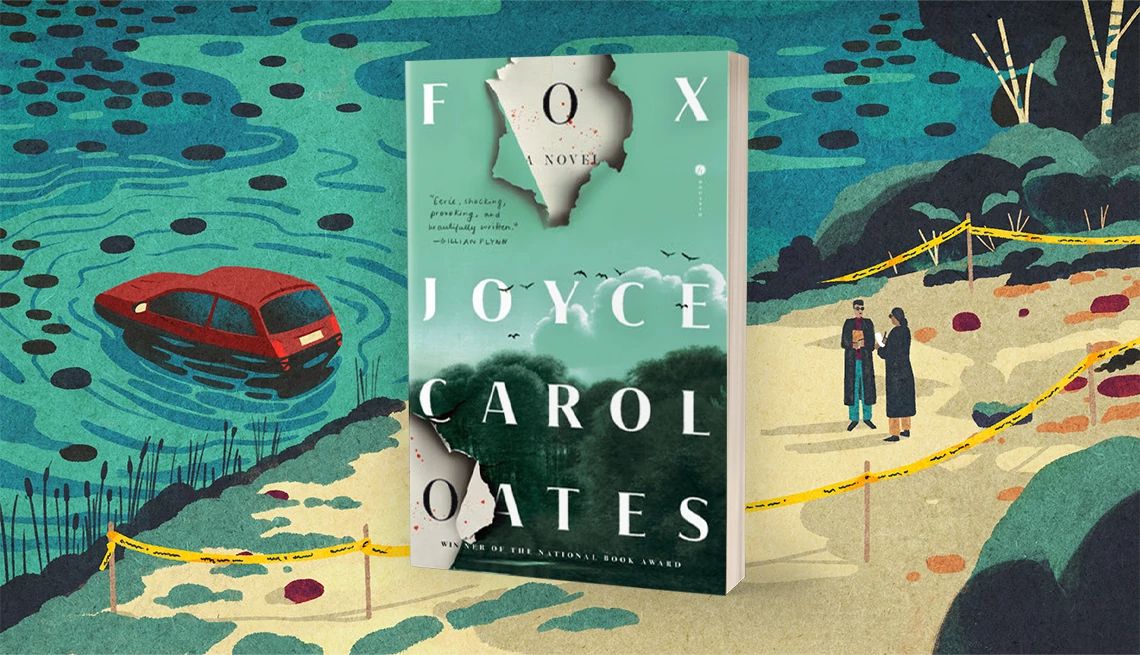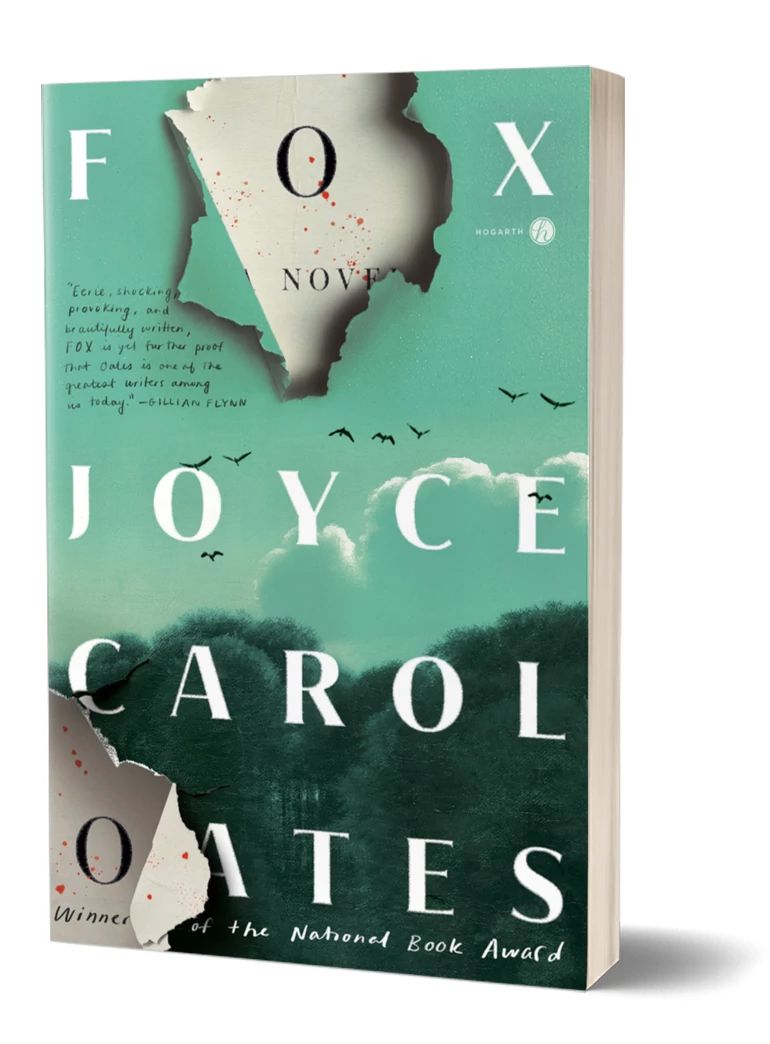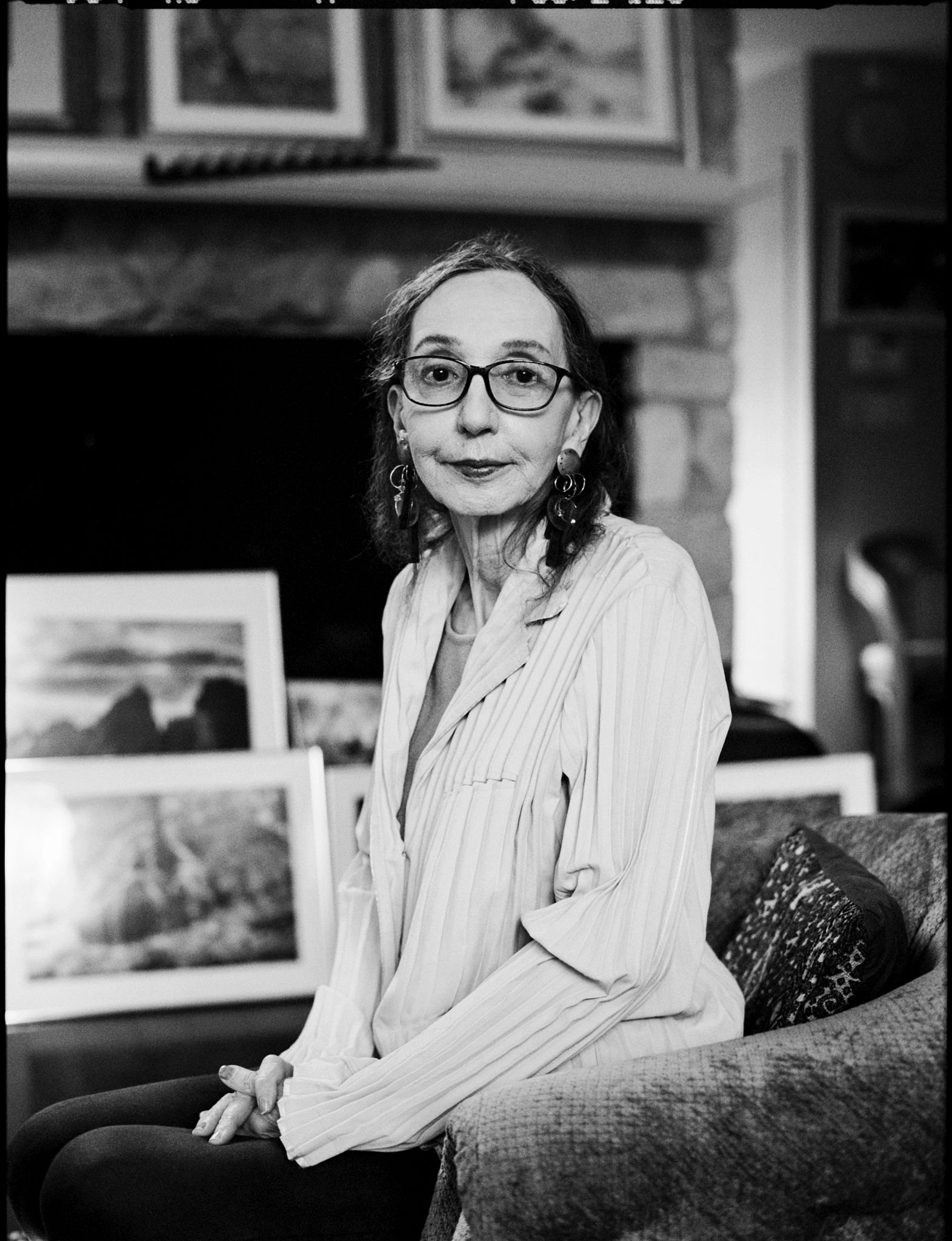AARP Hearing Center


Few novelists can plumb the depths of humanity’s dark side like Joyce Carol Oates, 87, a true literary icon. Her vast and varied body of work includes Daddy Love (2013), Babysitter (2022) and last year’s Butcher, each featuring a nightmarish villain who ruthlessly preys on the most vulnerable people.
Her latest in that vein is Fox (out June 17), whose evil center is Francis Fox, a charming English teacher who charms the head of the private academy where he works — and, through his careful manipulations, some of the young girls in his classes. After body parts and Fox’s car are discovered in a local nature preserve, a pair of detectives begin an investigation into this enigmatic man, while the story flashes back to his sinister crimes. It’s spellbinding and bone-chilling.
Oates also writes poetry and novels that forgo Fox-style horror (although death is a frequent theme), including Breathe (2021), an intense portrait of widowhood, as well as her brilliant 2020 novel Night. Sleep. Death. The Stars, about, among other things, the death of a father and how his five adult children and widow wrestle with the loss. (Oates has been widowed twice.)
She spoke with us recently from her home in New Jersey, which she shares with her beloved cats, Zanche and Lillith, near Princeton University, where she taught writing for many years.
Tell us about Fox. How is it different from your other novels?
It’s my first whodunit. It was my first attempt to write a very serious, intricately plotted, real-life kind of mystery — nothing supernatural, all realistic, and set in South Jersey at a prestigious private school based on The Lawrenceville School, which is near here. It took quite a while.
Some of your books are very dark, including Fox. What draws you to the dark side?
I have always been interested in the tragic mode rather than the comic, although I do have comic elements. We’re looking at a complex world in which extremely dark things have happened repeatedly for millennia. So I’m holding a mirror up to the world we’re in.


"Fox" is the author’s latest in a long list of mesmerizing tales.
One of my favorite novels of yours is Night. Sleep. Death. The Stars. How autobiographical is it?
That’s so close to my heart. It’s set right in this house. It was partly autobiographical: about a woman who loses her husband, and then she falls in love with another man, slowly. She thinks, “The love of my life was like the sun, and this man is like the moon, and it’s not the same thing, but…” She does fall in love with him.
What is your writing process like?
When I start, I write on all sorts of things: little scraps of paper with drafts of scenes and dialogue, quite a bit in longhand. Then I’ll organize them, go to the computer and type in what I have. If you’re writing a novel, it’s good to begin with the most climactic scene; then you imagine everything that leads up to it, and the rest of the novel leads from it.





































































You Might Also Like
AARP’s Favorite 2025 Books (So Far)
AARP’s books editor shares her top 10 reads
Stephen King’s ‘Never Flinch’ Is a Gripping Detective Tale
The master of the macabre has done it again in his latest novel
Warm-Hearted Novels to Brighten Your Day
Find solace in these feel-good novels from Japan and South Korea